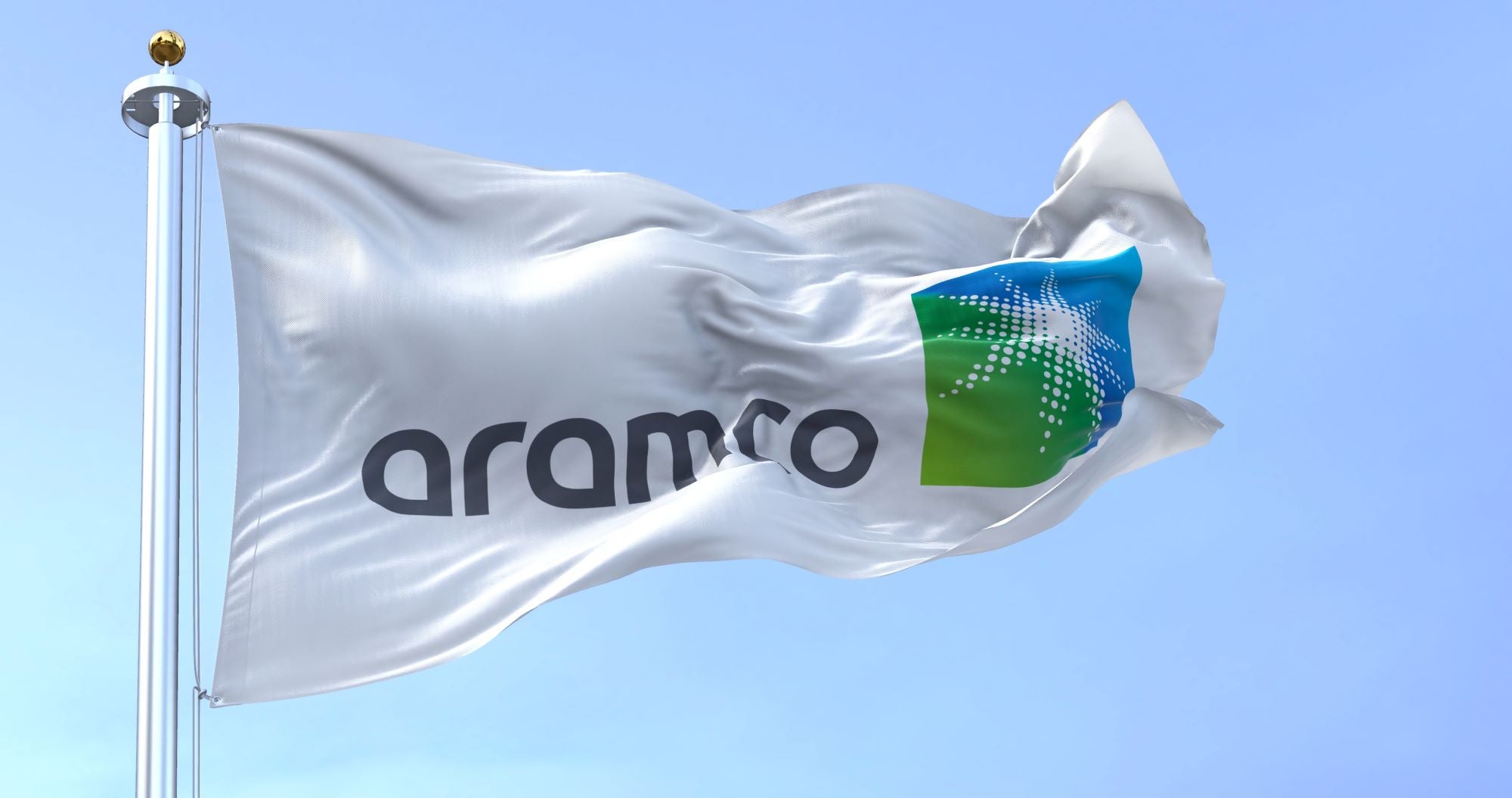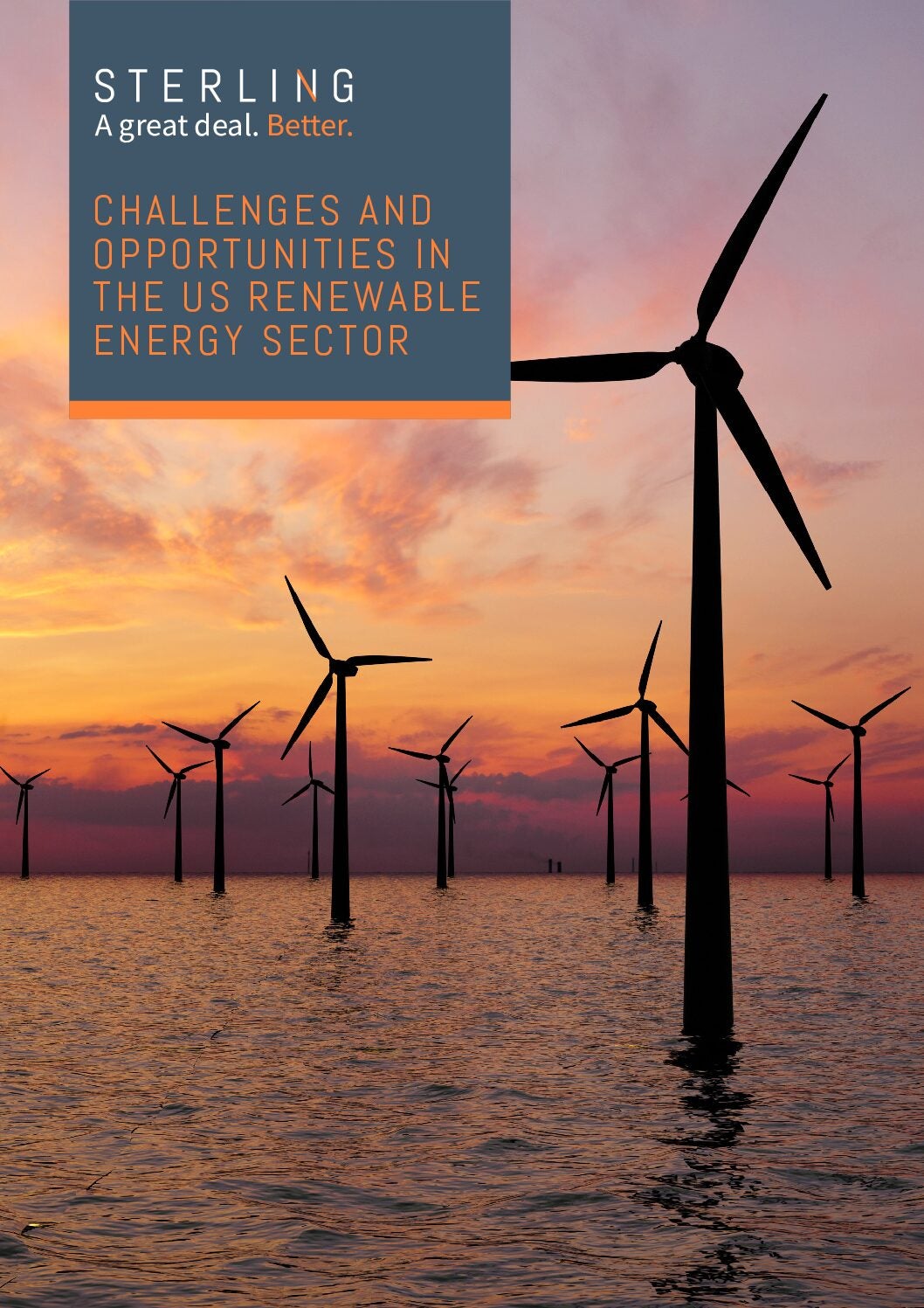
The head of Saudi Aramco, the world’s largest oil company, has claimed that renewables are not yet able to meet global power demand at a conference in London.
Speaking at the Energy Intelligence Forum on Tuesday, Amin Nasser, chief executive of Saudi Aramco, said: “We are working on a lot of clean energy projects as a company as part of the transition in renewables, e-fuels, hydrogen and all of that. But at the same time we don’t think – or believe – that renewables are yet ready to shoulder the heavy burden of the global demand we are seeing right now”.
Aramco is the world’s largest greenhouse gas emitter, and according to environmental charity ClientEarth, the company is responsible for more than 4% of the planet’s emissions since 1965.
Nasser’s statements were made against a backdrop of fierce protests at the event. Climate activists congregated outside the Intercontinental Hotel, where the event was being hosted, playing drums and chanting anti-oil slogans. Renowned climate activist Greta Thunberg was among the crowd, where she gave a speech and accused oil companies of “knowingly leading us to the end of a precipice” with environmental inaction.
The activists successfully prevented several oil executives from speaking at the conference by blocking access to the hotel. Shell CEO Wael Sawan was unable to enter and gave his speech via video call, while the chief executive of TotalEnergies was prevented from speaking entirely. Thunberg and at least five other activists were arrested for blocking access to the event.
Speaking outside the event, Thunberg said: “We have no other option but to put our bodies outside this conference and to physically disrupt.
“We have to do that every time. We have to continue showing them that they are not going to get away with this.”
Although Nasser claimed that Saudi Aramco was investing in renewables, including blue hydrogen, he also claimed that massive investment was needed in its fossil fuel business to meet growing demand.
“We have huge investment in our oil business to meet the declining rates [of carbon emissions] and expand our capacity further and also grow our gas to eliminate liquid burning in the kingdom and avail more blue hydrogens to the market,” Nasser said.
His remarks contrast somewhat with the predictions of the International Energy Agency (IEA), which predicts that global oil demand will peak before 2030. However, OPEC members, who have a significant vested interest in the continued use of oil, predict that global oil demand will continue rising for a decade beyond the IEA’s estimated peak, while downplaying the importance of renewables.




